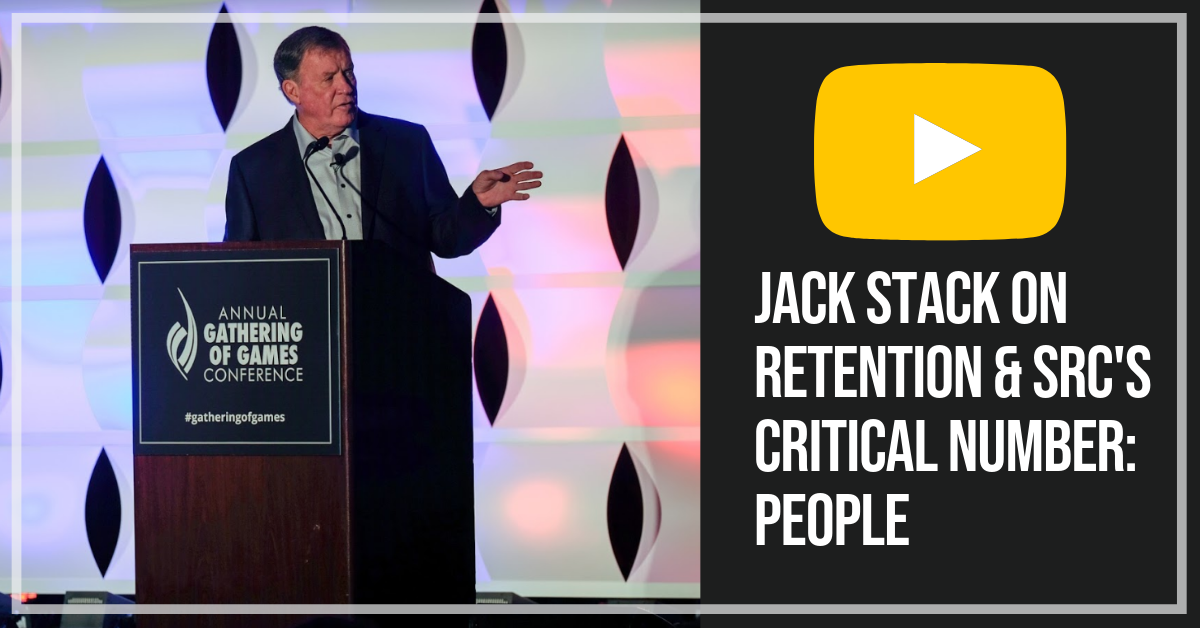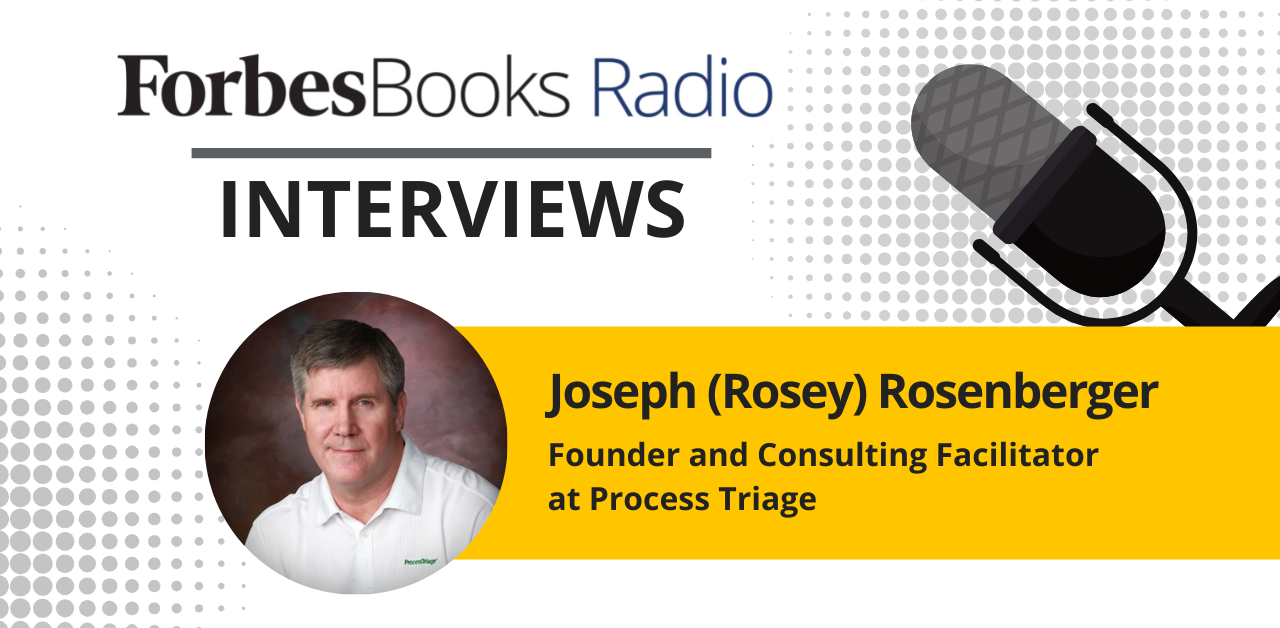An open-door policy refers to the practice of business or organizational leaders leaving their doors open so that employees feel welcome to stop by and meet informally, ask questions, or discuss matters that have been weighing on their minds. These days, with open office environments, co-working spaces and remote team members working around the globe, the “open-door policy” is more metaphorical than ever before. The equivalent of walking through a physical open door in many organizations is now sending a text message, a direct message on Facebook or Slack, an instant message on Skype, or a ping on Basecamp. Regardless of whether the interruption is through an actual door or a digital door, the theory is that an organization uses such openness to build a culture of trust, collaboration, communication, and respect regardless of an individual’s position in the hierarchy.
Read More
Are you toying with the idea of attending the Gathering of Games conference in September? If you believe all employees can more positively contribute to your business if they are educated and empowered to do so, this might be just the event you are looking for.
Read More
As the old saying goes, opposites attract—which can be especially true in business. When Reed MacNaughton and Dan Cocozza met back in college, however, they became friends based on what made them alike. They were both engineering students who took all the same classes together at Union College in Schenectady, NY. They also pledged the same fraternity, Sigma Phi, and when they graduated in 2004, they both moved to New York City, where they roomed together as they started jobs as structural engineers. Later, they both became entrepreneurs when they each founded their own business: MacNaughton moved back to his home state of Connecticut to start a residential construction firm while Cocozza stayed in the big city. They were both very successful in their ventures.
Read More
Transparency is key to playing The Great Game of Business®, but it raises concerns for many folks new to the open-book world. Does transparency mean sharing everyone’s salaries? Will competitors know our confidential information? Will transparency make my company vulnerable? It can be scary to pull back the curtain. But practiced skillfully, transparency is part of a formula for success rather than a risk for overexposure. Take a look at our top tips on business transparency and practicing GGOB.
Read More
At the Gathering of Games conference each year, the open-book community honors and celebrates the remarkable achievements of companies from around the globe that have fully embraced the principles of open-book management and The Great Game of Business®, and demonstrated outstanding results. We are excited to celebrate the 19th Annual All-Star Award Team. This team of All-Stars represents the companies who stand out as the best of the best in open-book management:
Read More
This is an employee engagement message from the heart. I’m doing my best to strip away HR-speak, academic jargon, and journalistic style in an attempt to actually reach crazy-busy front-line managers who’ve heard it all before. It’s my vain attempt to actually influence someone. Despite the best intentions of so many, the truth about employee engagement isn’t getting out. You need to understand…
Read More
I hear it almost every day: “But we are different…” or “That could never work with our organization because…” Five years ago as the CEO of a well-established nonprofit agency, I used those excuses when approached by one of my board members, Tim Stack, about using the Great Game of Business in my nonprofit. Tim was the General Manager of one of the SRC subsidiaries and literally grew up with the Great Game of Business. Over the next four years, he worked one-on-one with me to break down all of the misconceptions that I had about why nonprofits could not apply the same principles found in The Great Game of Business. I had a Master’s in Nonprofit Management and was never exposed to the concepts that Tim was discussing with me.
Read More
Through the years, the team at SRC and The Great Game of Business have seen our share of doubters, disbelievers, critics and skeptics - everyone from CEOs, to managers, to hourly employees who said open-book management couldn't work... that teaching employees about business was crazy…that transparency was not necessary in business. Some of the biggest disbelievers came from right here at SRC…the birthplace of open-book management! One doubter with a particularly fascinating story is Denise Bredfeldt, a former transmission rebuilder at SRC during the early days of The Great Game of Business. To be fair, Denise lived through the dismal buyout of International Harvester; a time when trust and morale were at an all-time low. Before SRC was founded, Denise even circulated an underground newsletter mocking the company culture and management, and she wasn’t about to jump on the open-book bandwagon.
Read More
In 1983, International Harvester was in deep financial trouble. Jack Stack and his fellow managers at the company’s engine remanufacturing facility in Springfield, Missouri, were scrambling to protect 119 jobs at the plant. Fast forward 36 years and SRC is struggling to find enough people to sustain the business over the long term.
Read More
At the 26th Annual Gathering of Games, we had the opportunity to host Gregg Stebben from ForbesBooks Radio as he interviewed participants from this year's conference. In this interview he highlights Process Triage, a business process improvement system founded by Joseph (Rosey) Rosenberger. "Triage is a way to deal with a high volume of problems with the objective to assess the type of solution quickly so scarce resources focus on the most valuable good first." Check out this interview with Rosey below to see how his company has applied this methodology in businesses ranging from start-ups to Fortune® 500 companies.
Read More

.png)



.png)

.png)
.png)

.png)






.png)




-5.png)

